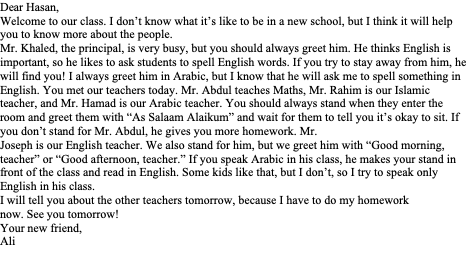Evaluate the limit as x approaches 3 for the function f(x).

Understand the Problem
The question appears to involve the concept of a mathematical limit or a statement about a limit involving variables. It is likely asking for an evaluation or analysis of a limit as the variables approach certain values.
Answer
The limit is $6$.
Answer for screen readers
The limit as ( x ) approaches 3 for the function ( f(x) ) is 6.
Steps to Solve
-
Identify the function The function given in the limit is ( f(x) = \frac{x^2 - 9}{x - 3} ).
-
Factor the numerator We can factor ( x^2 - 9 ) as a difference of squares: $$ x^2 - 9 = (x - 3)(x + 3) $$
-
Rewrite the function Now, substitute the factored form back into the function: $$ f(x) = \frac{(x - 3)(x + 3)}{x - 3} $$
-
Simplify the function For ( x \neq 3 ), ( (x - 3) ) cancels out: $$ f(x) = x + 3 $$
-
Evaluate the limit Now, evaluate the limit as ( x ) approaches 3: $$ \lim_{x \to 3} f(x) = \lim_{x \to 3} (x + 3) = 3 + 3 = 6 $$
The limit as ( x ) approaches 3 for the function ( f(x) ) is 6.
More Information
This limit is an example of applying algebraic simplification to evaluate a limit at a point where the function is initially undefined. The process of factoring and canceling terms is a common technique in limit evaluation.
Tips
- Ignoring cancellation: Sometimes students forget to cancel terms correctly, leading to incorrect conclusions about the limit.
- Substituting directly into a form like ( \frac{0}{0} ): The limit must be simplified before direct substitution.
AI-generated content may contain errors. Please verify critical information